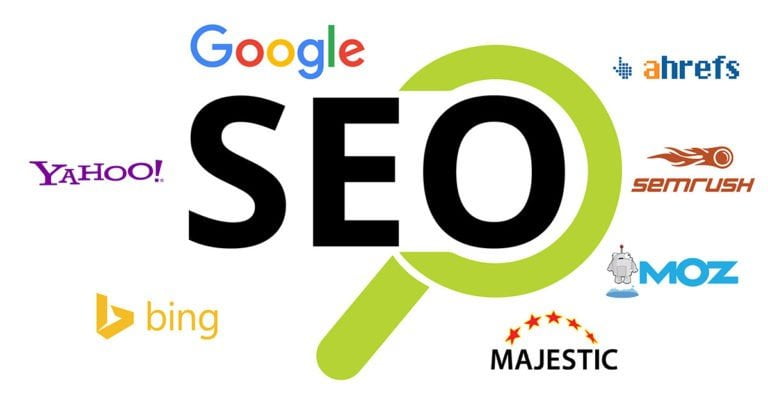There are tons of common questions about Search Engine Optimization (SEO) we hear a lot about on forums and social media groups. In an effort to pull back the curtain and reveal more behind-the-scenes magic, we’ve compiled this list of the top search engine optimization questions and answers.
1. “How long does it take for SEO to work?”
It takes around three months for a well-executed SEO campaign to start paying off. Anyone who tells you they can get SEO results faster than that is usually up to no good.
Pound for pound, SEO is the best way to achieve lasting online visibility and get a steady stream of qualified leads delivered straight to your business.
While there are other methods that may work faster – pay per click advertising is the biggest one – they entail bigger risks. SEO provides major competitive advantages market rivals can’t beat just by coming along with a bigger budget.
2. “When can I stop working on SEO?”
SEO is a marathon, not a sprint. The sooner you get started, the sooner you’ll see results. On the flip side, the longer you keep it going, the longer those results will last.
The three-month “setup” period a good SEO campaign needs is well worth it. That’s the time when your whole website is aligned with SEO. Everything you do in the future will produce benefits you expect and keep fueling your search engine success.
If you stop paying attention to SEO, you might maintain rankings for certain searches you focused a lot of resources on in the past. In the long run, though, motivated competitors will leave you in the dust. It’s never a good idea to just quit digital marketing.
3. “Do small, local businesses need digital marketing?”
Yes! No matter how large or small, if you have a business, you need a website.
And if you need a website – and you want it to help you make money – you need marketing.
If you don’t plan to take orders, reservations, or even customer questions on your website, it still has a role to play. Google uses information from your site to answer queries from users on mobile devices traveling near your business.
So, for example, if someone types in “Local restaurants near me,” your site will only come up if you’ve put some work into the marketing side.
This can help you add dozens or even hundreds of visitors to your foot traffic, so it’s very much worth it. In fact, small businesses can find modest digital marketing investments make a bigger bottom line splash than they would for a far larger “online-only” company.
4. “Is it true you can get banned from Google?”
Yes. You can get banned from Google – the technical term here is “de-indexed.”
Although this is a very serious setback and it does still happen occasionally, it was a lot more common back in the old Wild West days of search circa 2005.
Unscrupulous people would try to game Google’s system and would soon find their sites totally removed from search results, often never to return.
Complete de-indexing is rare nowadays, but sites found to be cheating face harsh penalties, often within a few days or weeks of the offending behavior.
If you are falsely found to be cheating, there is a human review process. But don’t worry: This is very unlikely to ever happen to you or your company.
5. “Does Google AdWords really mean immediate traffic?”
Yes – you can get traffic overnight with Google Ads (formerly known as Google AdWords), a paid traffic solution that shows ads to people when they search keywords relevant to your website.
But AdWords isn’t a silver bullet. It won’t get you sales unless your website is set up to take advantage of that traffic. (Heck, unless your ads are optimized very carefully, you won’t even get the traffic.)
All too many business owners have fallen prey to Google’s $100 AdWords vouchers. They punch in a few quick ads and hope for the best, but end up paying hundreds or thousands with nothing to show for it. Help from a paid traffic expert is essential.





